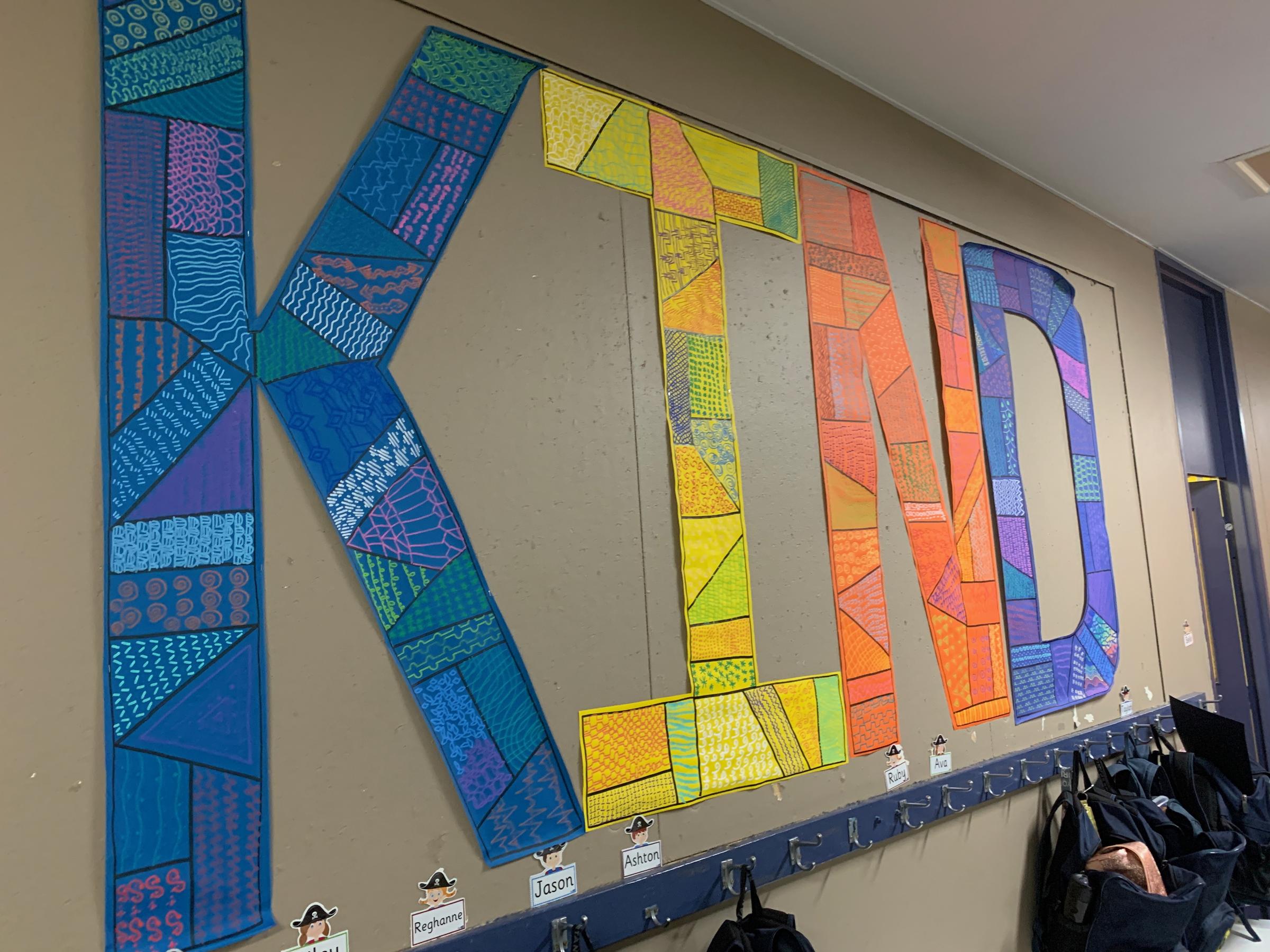From the Assistant Principal

I'm so happy you're here....
I wrote that on the sign outside of my office this week and it couldn't be truer. I am so glad to see students again, I am so glad to be able to thank our staff in person, I am so glad that families and the greater community continue to join us on this 2020 journey. I'm really glad you're here, thank you.
Avoiding the bends....
This week Mr McClare and I were incredibly fortunate to attend a virtual presentation given by Dr Rob Gordon. Dr Gordon is a Clinical Psychological who has spent the past 30 years working with people affected by crisis such as the Bali bombings, Christchurch earthquakes and Black Saturday, to name a few. Dr Gordon spoke to school leaders across the North Eastern Victorian Region about supporting students during or after a crisis. And on varying levels, every community - school and otherwise - has certainly navigated crisis in 2020. Our challenge now as adults, is not only to manage our own recovery - but that of our children.
One metaphor that particularly resonated with me was one of a deep sea diver.
In a time of crisis, most people - including children, survive by making adjustments - like a deep-sea diver. Even experienced divers lose 40% of their capacity to do tasks at depth - and just like those divers, in crisis we can all continue to function, but in a narrow, more focused way. We make adjustments so that we can function. Coming out of this deep dive phase too quickly, then divers get 'the bends' - a decompression reaction. Their body has made a series of adjustments that it can't undo rapidly and must be done in stages and with purpose.
So, if communities have been working at 'pressure/depth' for many months now - what does this mean for children?
When children come out of stress or crisis, we can't always be sure what they have done to adjust to this pressure. There may have been skills or behaviours that in fact regressed. If children's bodies and brains were focused on the 'pressure' of Covid worry, missing their friends, family stress or just a change in routine - they may have temporarily let go of other competencies. To free up energy to cope with stress, they may fall back on a stage of development where skills and behaviours came easily and without complex problem solving.
What next?
Don't be surprised if your child is having trouble with skills or behaviours that previously they found easy. Dr Gordon's work shows that it is 'normal' for children to regress in some ways - it could be that a previously organised or independent student now has trouble keeping track of their things, they may have become worried about things they haven't worried about in years like the dark or monsters, or a child may experience a resurgence in bedwetting. If you are concerned about your child's behaviours we urge you to seek advice from your doctor, however Dr Gordon tells us that his experience shows that if children are given the chance to relax, unwind and work their way back into a supportive, new routine - many will leap forward past these regressions.
Avoid talk that reminds them that they 'should' be able to do something or 'you used to be able to' - instead provide reassurance. Take opportunity to build a family narrative about 2020, one to talk about for years. About the highs and lows, about how your family managed this time.
As a staff we are working to build connections with students and re-establish gentle routines and trust. Over the coming weeks we will be taking part in some risk assessment tasks to inform us to be able to plan how we support the wellbeing of our students over the next 12 months and beyond.
It remains my greatest pleasure to work with you, thank you. You matter.

